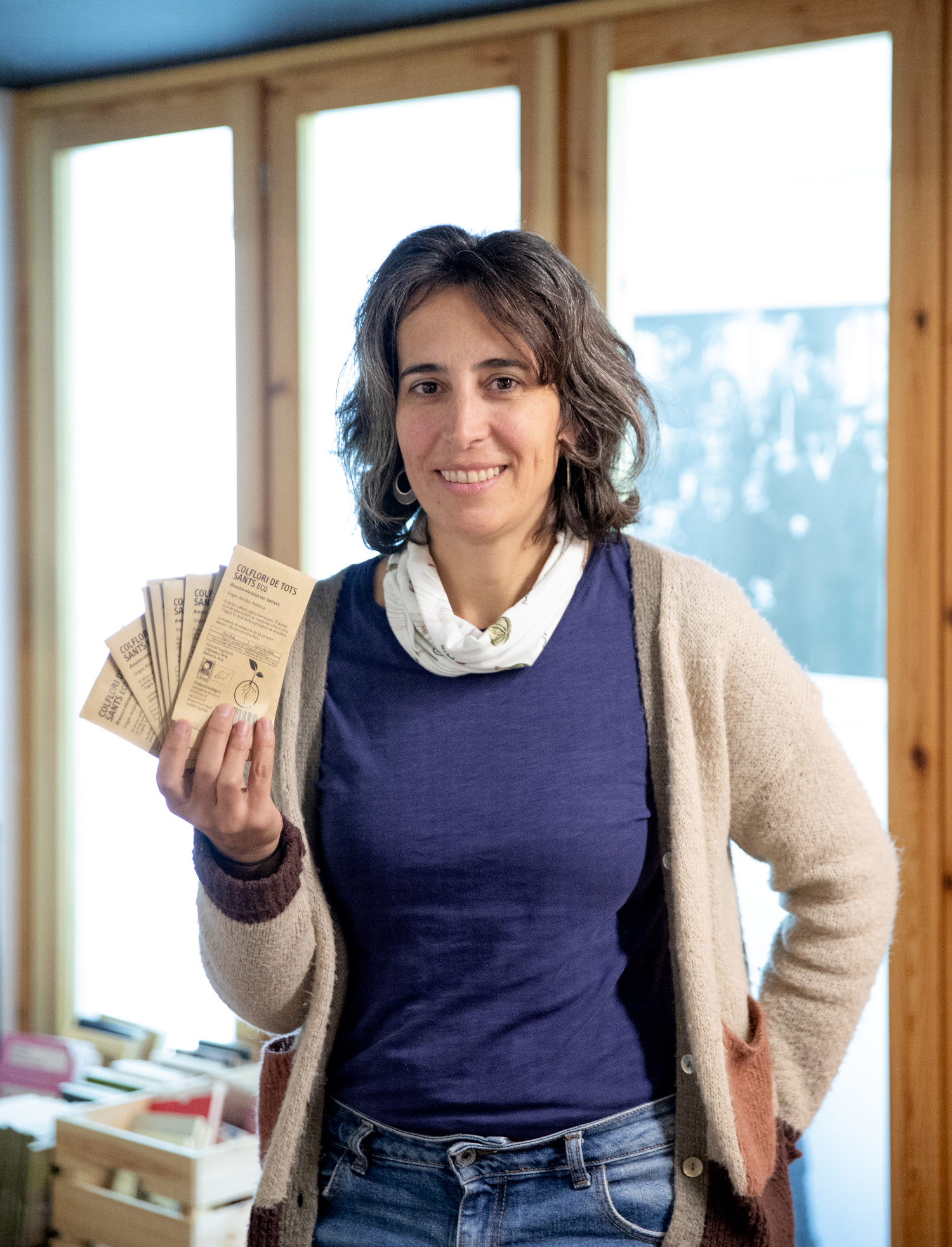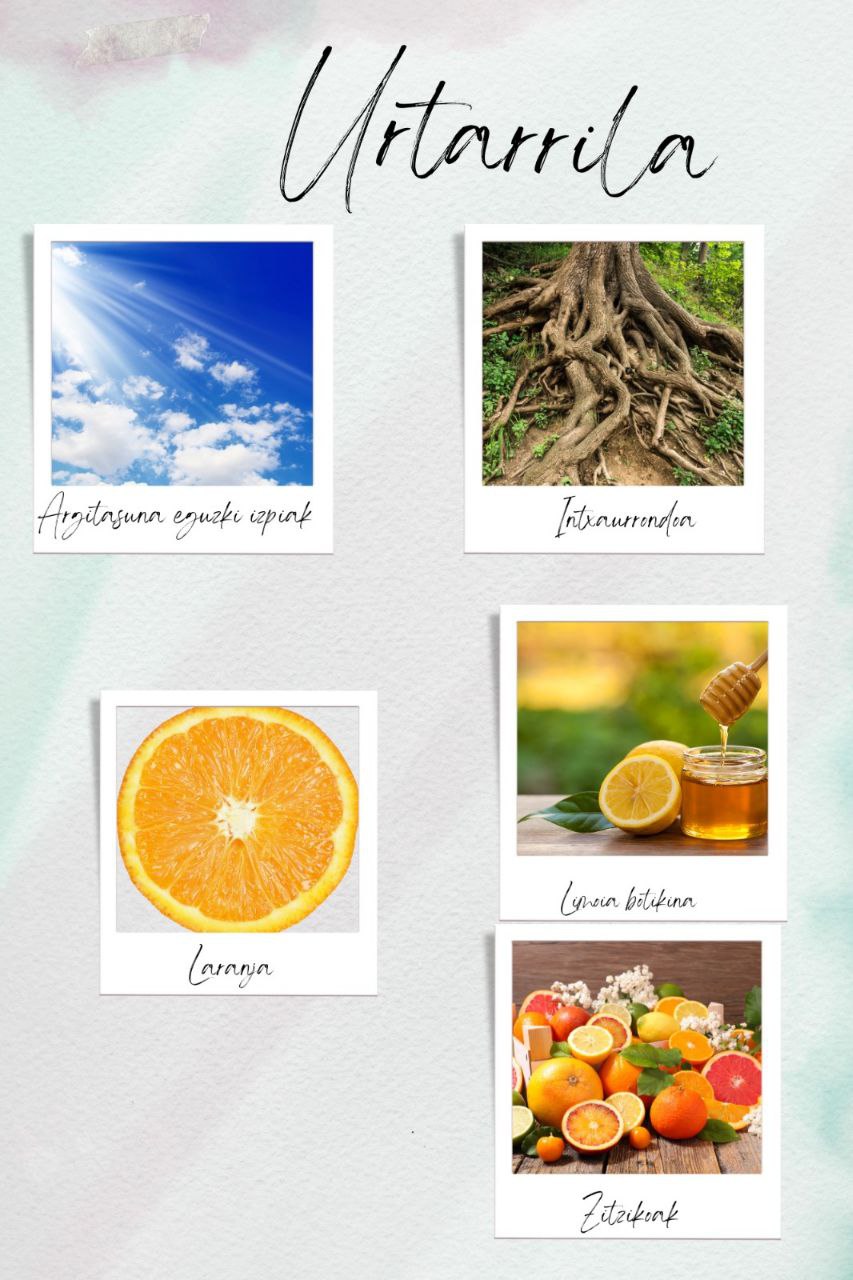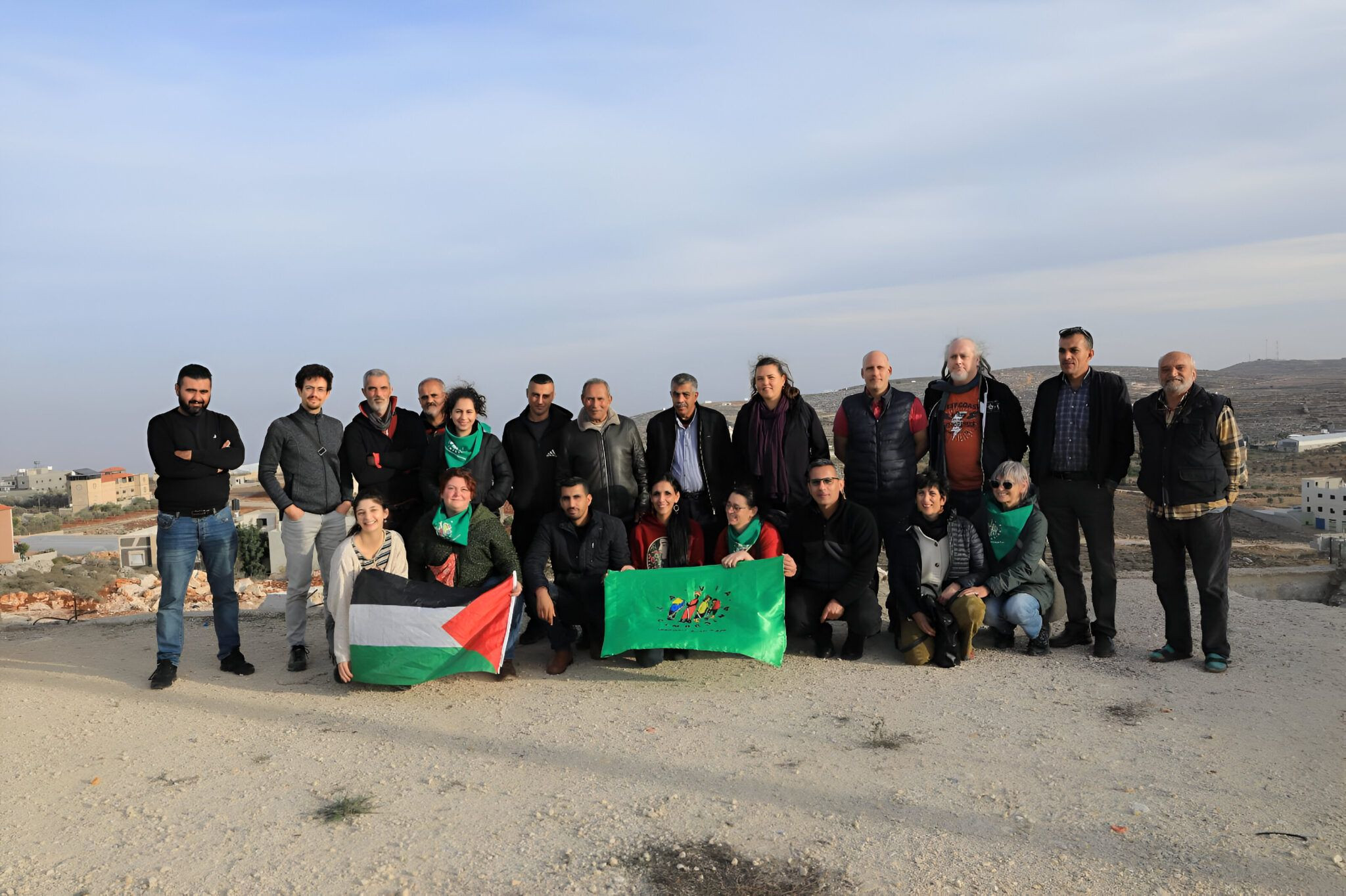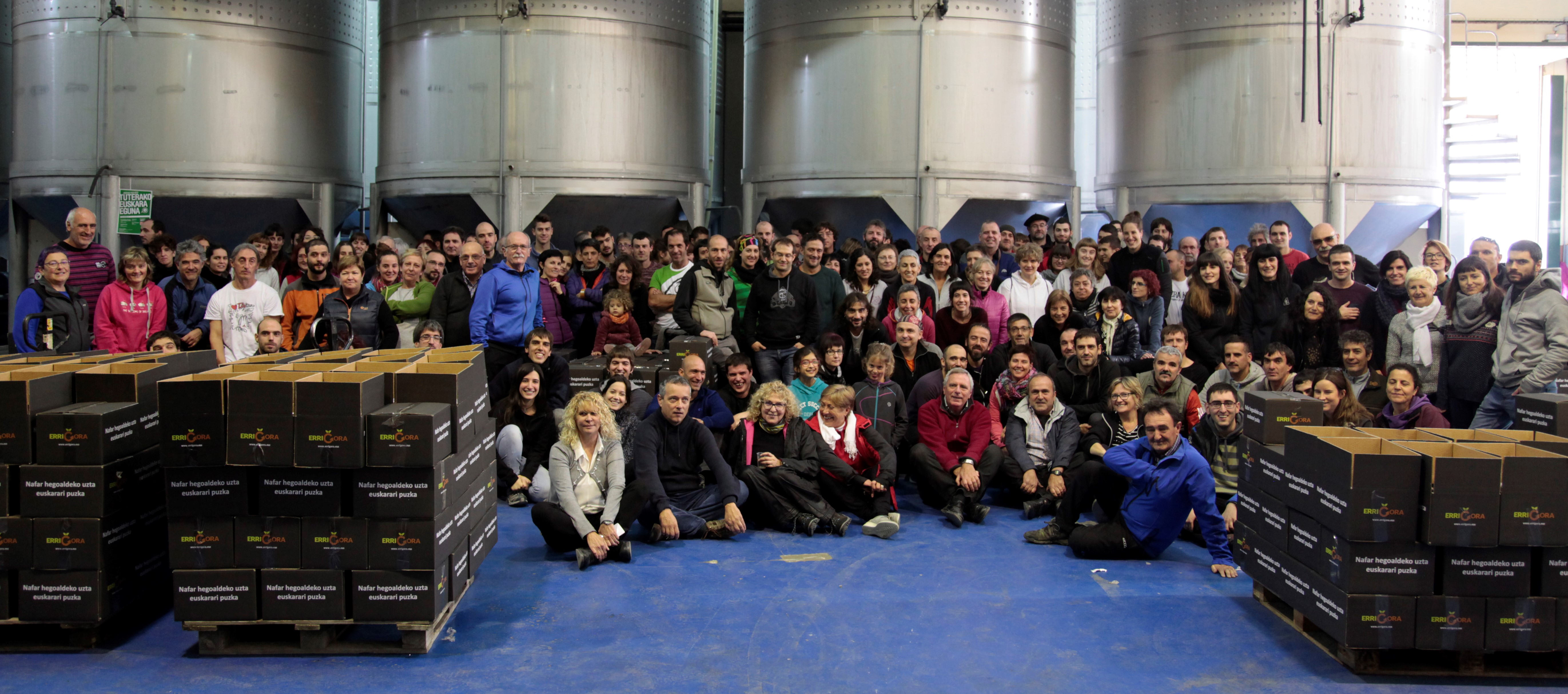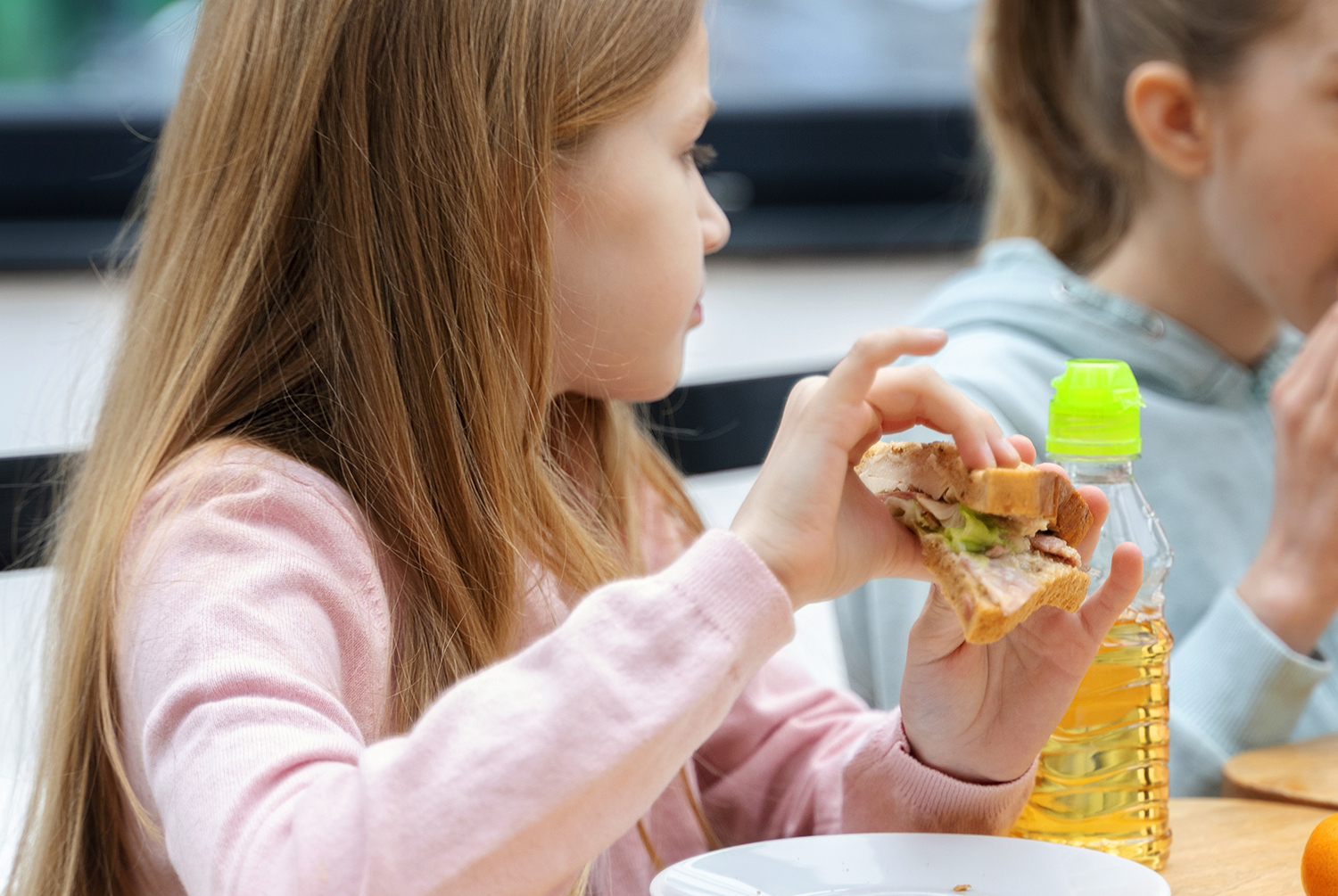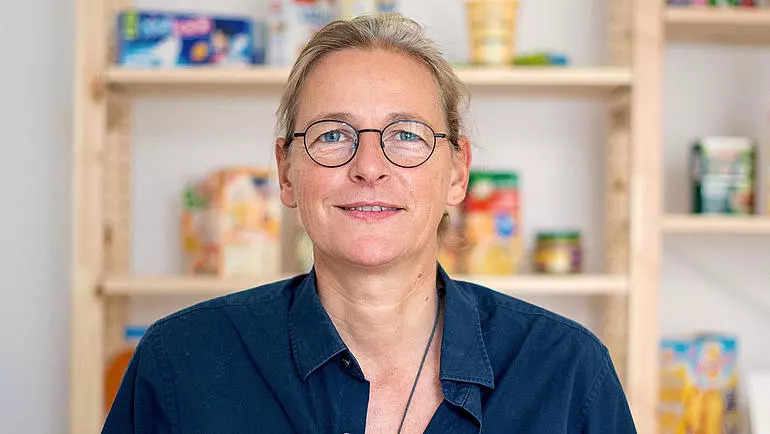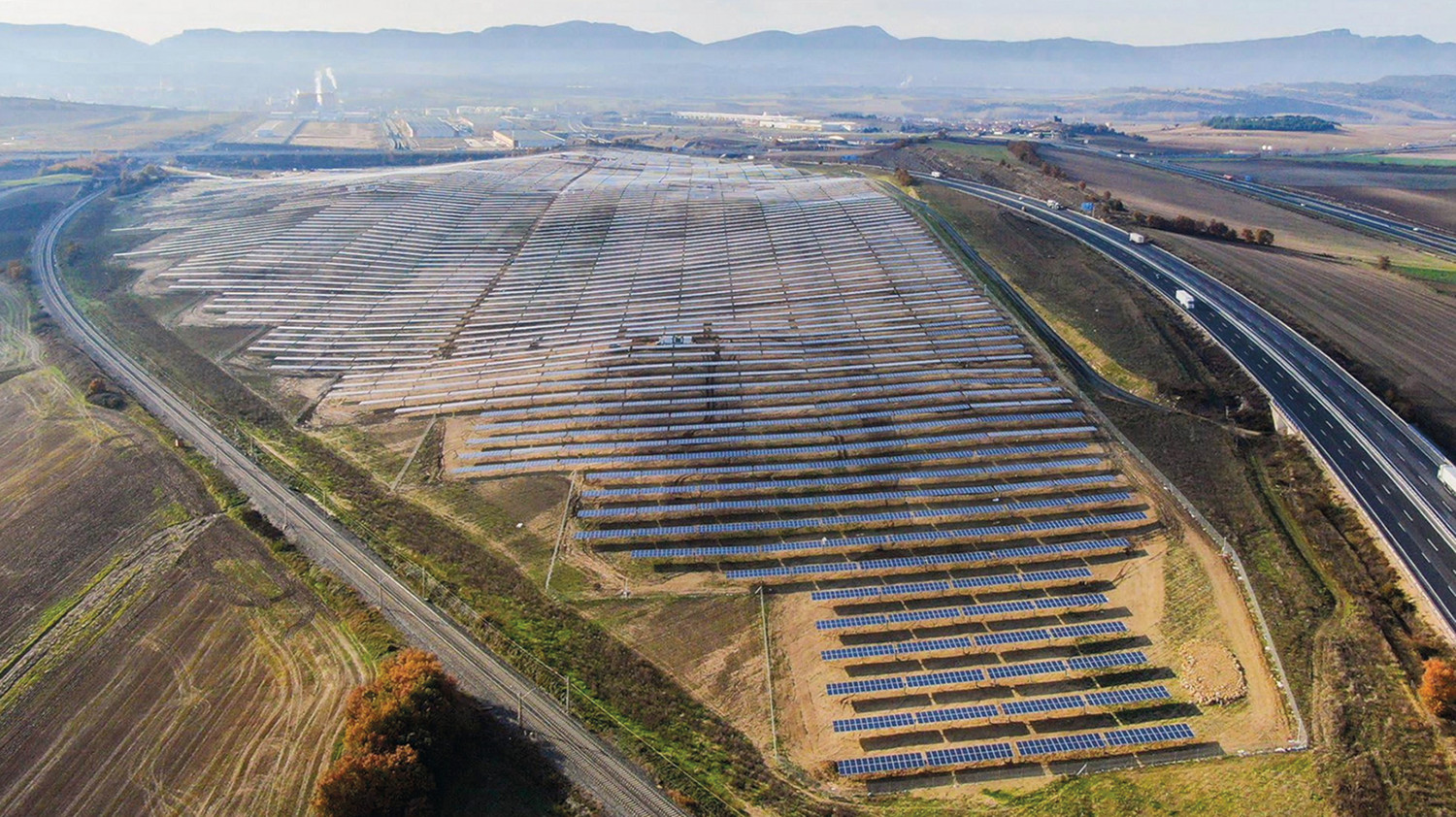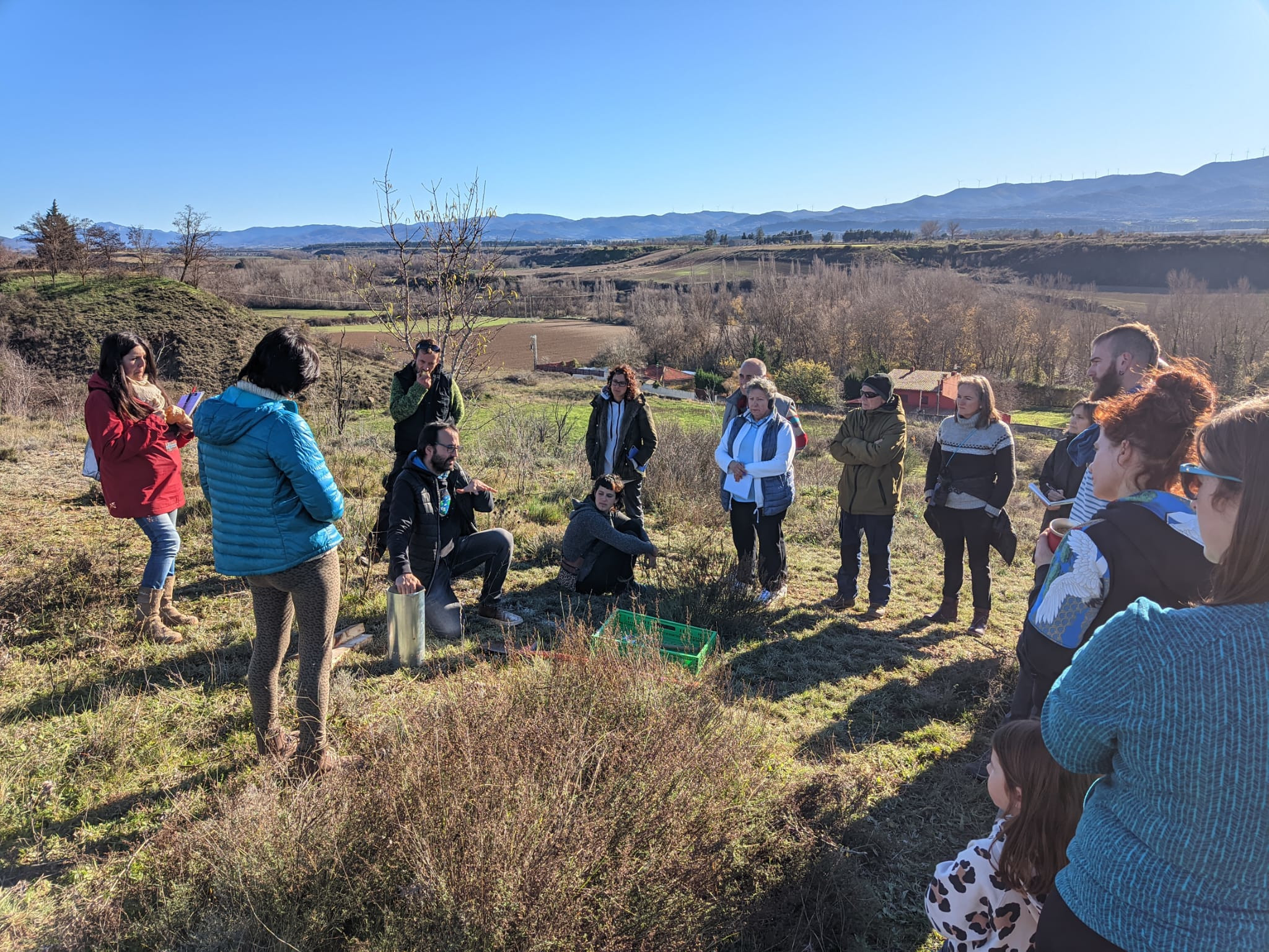Biozkaria distributes biological meat in the canteens of 53 schools
- The Biozkaria Association started in 2011: “We saw that our meat, native and biological, was not offered in the canteens of their schools, and we found it disturbing that not all boys and girls could eat organic meat,” explains Eñaut Harispuru, producer and member of the association. At first, nine farms were gathered from Iparralde and Bearn, and they began with a cook from the San Juan de Pie de Puerto Lyceum.

From that initial experience in Donibane Garazi, the sale began to spread to more schools and colleges in the area. “In the canteens they wanted organic meat, but cheap meat. The way to do this was to sell only the cheapest parts, but we did not accept it, because we thought that all children have the right to eat also the best meat,” the producer explains. So they decided to set a single intermediate price, both for the first- and second-class parts: if a school receives more second-class meat, the next one will be the other way around, to make it balanced. The aim of the association is to sell organic meat at a price that is worthy of the producer, but at the same time, students from different social classes will be able to eat organic meat.
The project was launched with nine producers, but thanks to the increase in the years, it has become twelve: “The first condition is that the production is entirely biological, but in terms of size, each producer of the association can sell the same amount of calves, which reduces the size of the farms.”
It is the breeders themselves who distribute to the schools, so they have direct contact with the cooks. “Another advantage we have is that we have close to farms, slaughterhouses and schools: Everything is collected around 80 kilometers.”
Educating the audience of the future
Harispuru considers that the work of the association not only has to do with production and distribution, but also with pedagogy. In fact, children who today eat their meat in school canteens will be the consumers of the future, and considers it necessary to raise awareness of food and the environment since childhood: “We propose school visits to farms and organize animations to explain our trades.”
The twelve members of the association jointly carry out the division and management. About 80% of the production goes to schools, but there are also several taverns in the area that are made with meat. “We are glad that children can eat the same meat from the famous accommodations in the schools’ canteens.”










